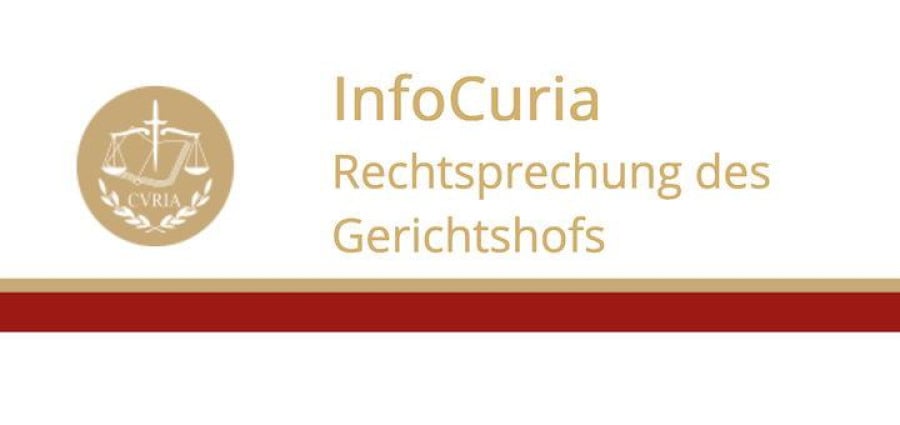European Commission v Fútbol Club Barcelona
(Appeal – State aid – Aid implemented for certain professional football clubs – Article 107(1) TFEU – Concept of ‘advantage’ – Aid scheme – Preferential tax rate applied only to clubs authorised to benefit from the status of non-profit entity – Less advantageous tax deduction – Effect)
1. This case concerns an appeal brought by the European Commission requesting the Court of Justice to set aside the judgment of 26 February 2019, Fútbol Club Barcelona v Commission (T‑865/16, EU:T:2019:113), by which the General Court of the European Union annulled, on the application of Fútbol Club Barcelona (‘FC Barcelona’), Commission Decision (EU) 2016/2391 of 4 July 2016 on the State aid SA.29769 (2013/C) (ex 2013/NN) implemented by Spain for certain football clubs (2) (‘the decision at issue’).
2. In the judgment under appeal, the General Court essentially found fault with the Commission for failing to examine properly, during its analysis of the tax regime applicable to football clubs which it considered to be beneficiaries of State aid, the extent of the tax deductions for the reinvestment of extraordinary profits permitted under that regime, in order to determine whether an advantage exists for the purposes of Article 107(1) TFEU. The General Court also found fault with the Commission for failing to request sufficient information in that respect during the investigation procedure.
3. The present case will enable the Court of Justice to provide clarification on the type of analysis that the Commission must carry out, and on the factors it must consider, when determining whether there is an advantage for the purposes of Article 107(1) TFEU, particularly in cases of special tax regimes granting a preferential tax rate for the entities subject to that regime.
I. Background to the dispute
4. Ley 10/1990 del Deporte (Law 10/1990 on sport) of 15 October 1990 (3) (‘Law 10/1990’) obliged all Spanish professional sports clubs to convert into public limited sports companies (‘SLCs’). The purpose of the law was to encourage more responsible management of clubs through a change in legal form.
5. However, the seventh additional provision of Law 10/1990 provided an exception for professional sports clubs that had achieved a positive financial balance during the financial years preceding adoption of the law. That exception allowed those clubs to continue to operate in the form of sports clubs. The only professional football clubs to fall within the exception were FC Barcelona and three other clubs (Club Atlético Osasuna, Athletic Club and Real Madrid Club de Fútbol (‘Real Madrid’)), all of which exercised that option.
6. Unlike SLCs, sports clubs are non-profit legal persons which enjoy, in that capacity, a special rate of income tax. Until 2016, that rate remained below the rate applicable to SLCs.
7. By letter of 18 December 2013, the European Commission notified the Kingdom of Spain of its decision to initiate the procedure laid down in Article 108(2) TFEU, with regard to the possible preferential tax treatment of professional football clubs subject to the tax regime of non-profit entities, when compared with those subject to the regime applicable to SLCs.
8. By the decision at issue, the Commission found that, by Law 10/1990, the Kingdom of Spain had unlawfully introduced aid in the form of a preferential corporate tax rate for certain football clubs, notably FC Barcelona, Club Atlético Osasuna, Athletic Club and Real Madrid, in breach of Article 108(3) TFEU. (4) The Commission also found that the scheme was incompatible with the internal market and therefore ordered the Kingdom of Spain to discontinue it and to recover from the beneficiaries the difference between the corporate tax actually paid and the corporate tax they would have been required to pay had they been SLCs, as from the tax year 2000, subject, in particular, to the possibility that the aid in question constituted de minimis aid. (5)
The original article can be found here.

 Global Summit 2024
Global Summit 2024